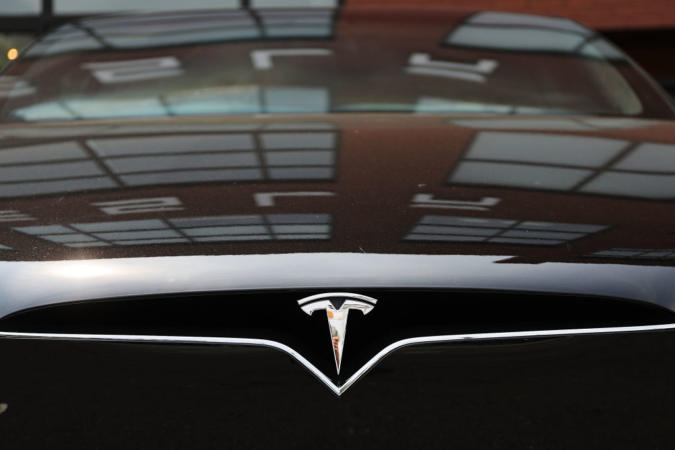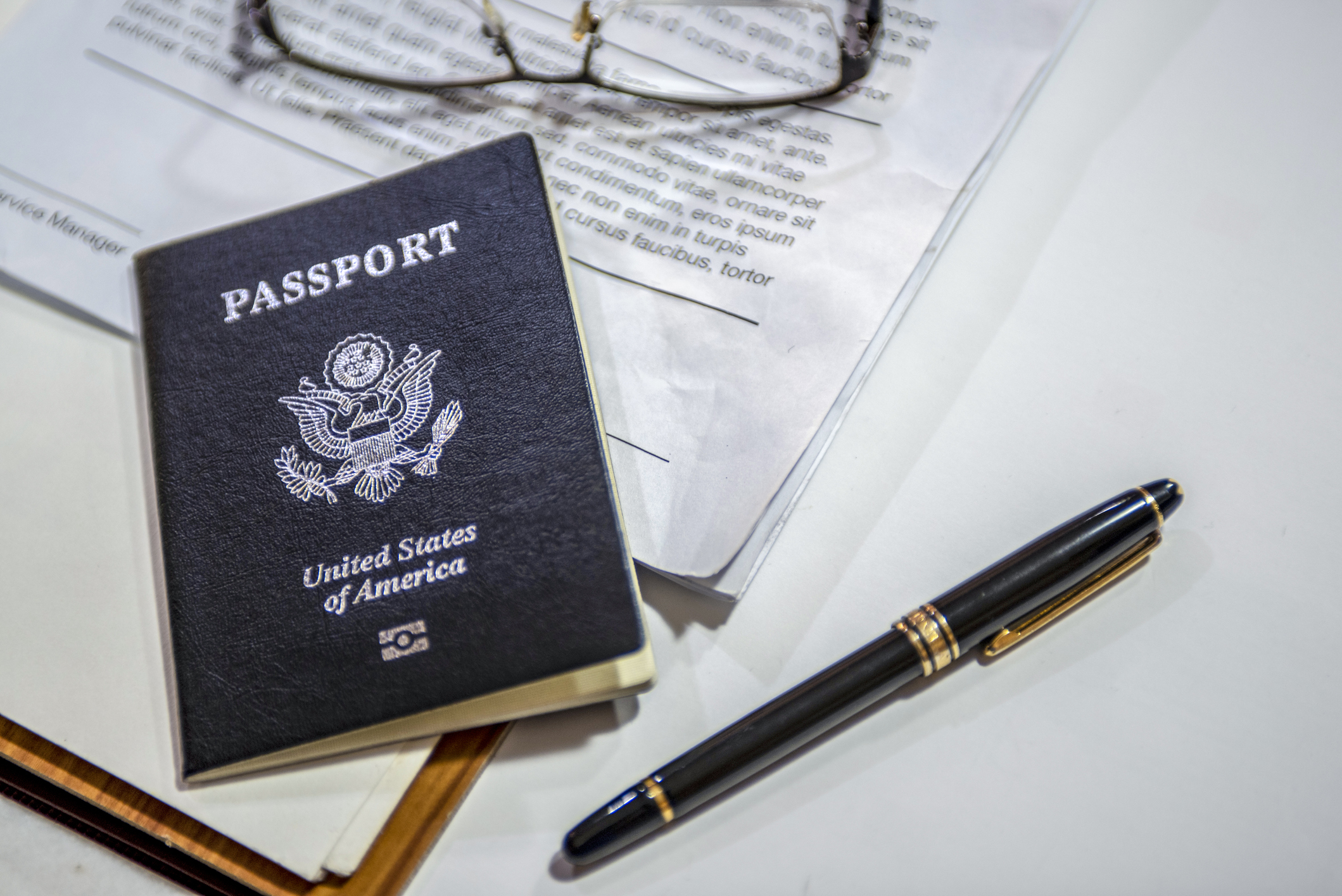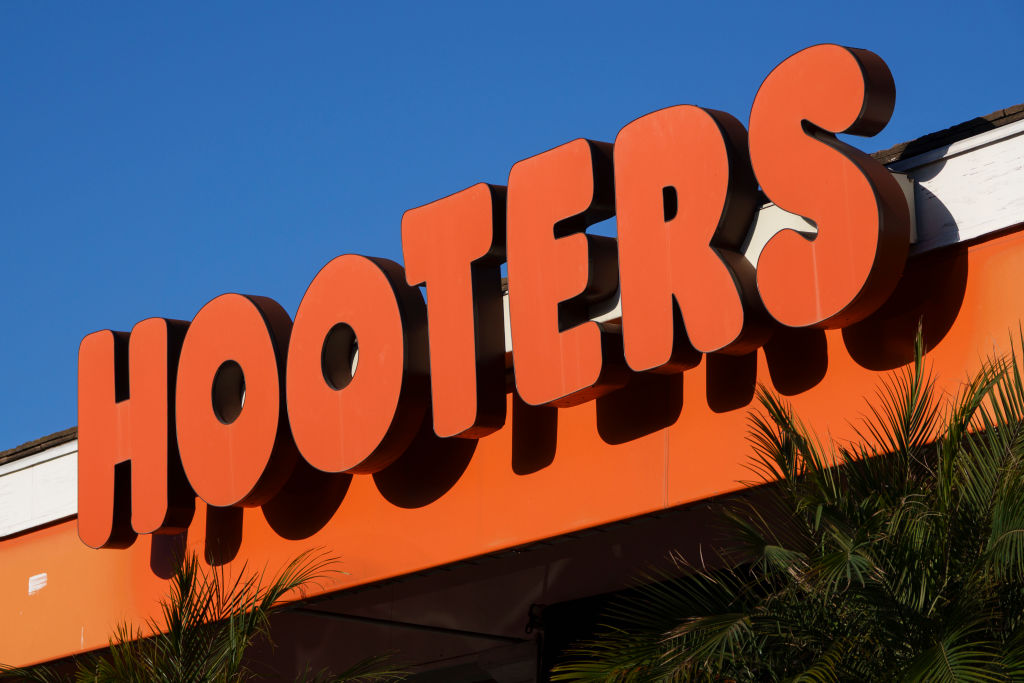Born October 6, 1949, in Mobile, Alabama, Lonnie Johnson is an engineer and inventor who holds more than 120 patents, one of which is for the iconic top-selling water toy — the Super Soaker.
Johnson’s love for science came at an early age, drawing inspiration from historical figures such as George Washington Carver. In 1968, Johnson represented his high school as the only Black student in a science fair at a time when African Americans did not have a large presence in science. He created a robot named Linex and took home first prize. He went on to graduate from Tuskegee University with a Bachelor of Science in Mechanical Engineering and a master’s degree in Nuclear Engineering.
To kick off Black History Month, let’s recognize Lonnie Johnson, an engineer, inventor, and business owner. He is notably known for inventing the super soaker, a top selling water toy! pic.twitter.com/kybjMbSagI
— NSBE at UVA (@NSBEatUVA) February 1, 2020
Following college, Johnson joined the Air Force where he helped develop there stealth bomber program. In 1979, he moved to NASA’s Jet Propulsion Laboratory and then returned to the Air Force in 1982. Soon after, his work on the Super Soaker began.
As a pet project, Johnson was worked on developing a heat pump that was environmentally friendly and used water instead of freon. He tested the prototype in his bathroom, aiming it at the bathtub. The nozzle let off a powerful stream of water when he pulled the lever. Thus, the idea of the Super Soaker was born and on October 14, 1983, Johnson applied for a U.S. patent.
Johnson was given patent number 4,591,071 on May 27, 1986. In 1989, after tinkering with the design and pitching the invention, initially called the “Power Drencher,” Johnson sold the toy to the Larami Corporation.
The Power Drencher made very little impact when it originally hit the market in 1990 and was pulled from shelves. However, after further tweaks and repackaging, it re-entered the market as the “Super Soaker,” selling between $10-$60 and taking the toy market by storm. In 1995 alone, the Super Soaker generated $200 million in sales. However, Johnson drew concerned that he was not seeing his proper cut of the device’s royalties.
So, in February 2013, Johnson took Hasbro Inc., who acquired Larami Corporation, to court and discovered that he was indeed being underpaid. Nine months later, he was awarded nearly $73 million in royalties.
















